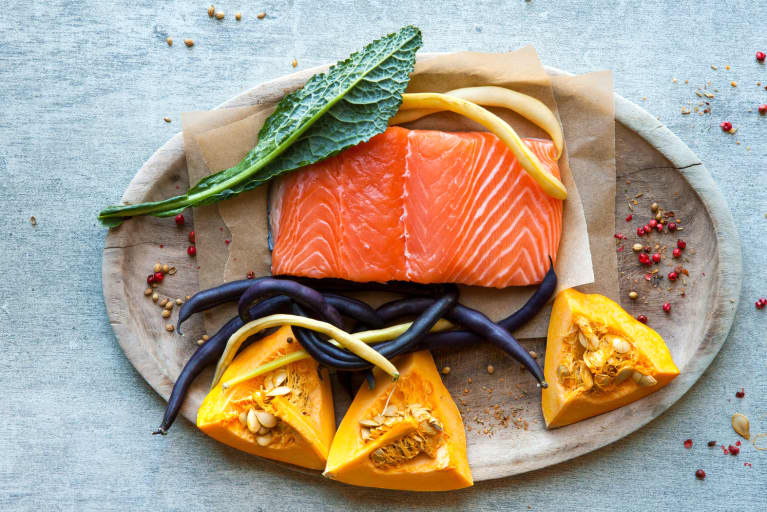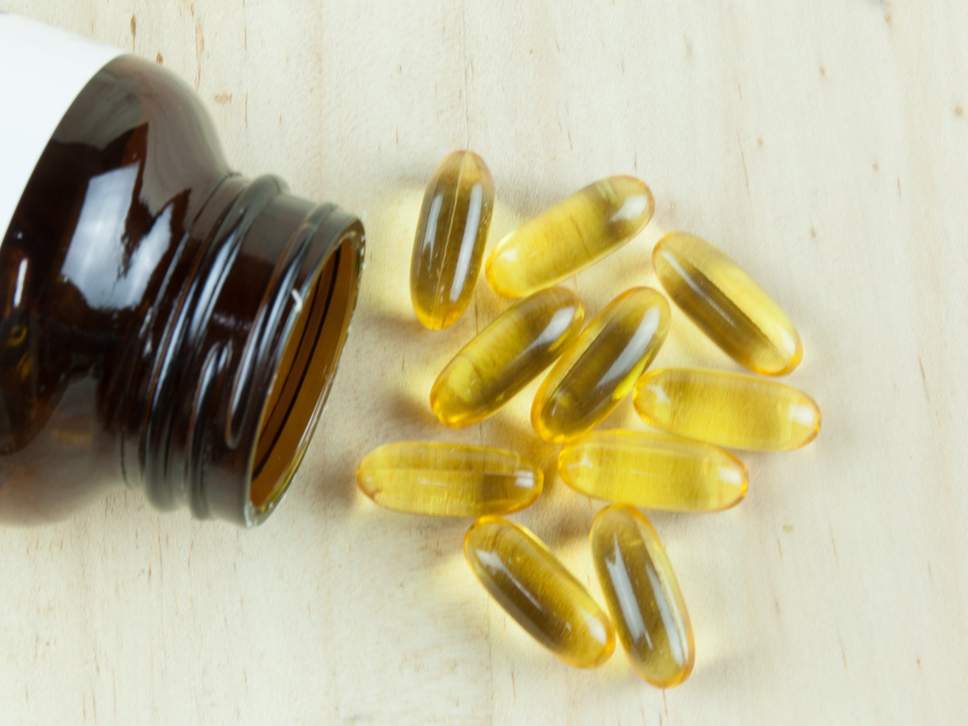
Editor’s note: Will Cole, D.C., is a longtime member of the mbg family (he’s in the mbg Collective and is even a class instructor!). His new book, Ketotarian, is all about marrying a ketogenic and vegetarian, vegan, or pescatarian diet for exponentially greater health benefits. Here, he shares how going on a ketogenic diet can help get you off the blood sugar roller coaster.
You’ve heard about it online or from your friends, but what the heck is the ketogenic diet? Well, I’m glad you asked. Put simply, the ketogenic diet is a low-carbohydrate, high-fat (LCHF) nutritional strategy. But what the heck does that even mean? Well, let’s start with the basics. By using a specific ratio of high fats, moderate proteins, and low carbohydrates, the goal of the ketogenic diet is to shift your body from a sugar-burning state into a fat-burning state. Using fat for fuel is also known as nutritional ketosis and it has a ton of health benefits.
Most of us are using sugar to fuel ourselves—and it’s not the healthiest way to live.
Before we talk about burning fat for fuel, it’s important to know that the majority of people are burning sugar for fuel most (if not all) of the time. And that’s because, as humans, we’re eating sugar and carbohydrates, well, all the time. The typical American eats an average of 765 grams of sugar every five days—and much of it comes from not knowing where sugar is lurking or whatever alternative name it’s going by! Compare that number to 45, which is the number of grams of sugar Americans ate in 1822 in the same time period. Every person eats and drinks 130 pounds of added sugar every year, an average of 3,550 pounds in a lifetime. That is equal to eating 1.7 million Skittles or an industrial-size Dumpster full of sugar! On top of that, we eat grains like breads, pastas, granola bars, cereals, and crackers, which also break down into—you guessed it—sugar.
So what does all this sugar do to your body? Well, breaking down carbs into glucose is the simplest energy source, and insulin is there to help carry the glucose around in your bloodstream. The problem is that high blood sugar is toxic and can lead to serious health issues, and the blood sugar your body doesn’t burn is stored as fat around your liver, stomach, and in circulating fat (known as triglycerides). Burning sugar as your primary source of energy is akin to using dirty fuel: You have to refuel often (or you will get hangry on that blood sugar roller coaster), and it leaves behind pollution in the form of inflammation.
[“Source-mindbodygreen”]

